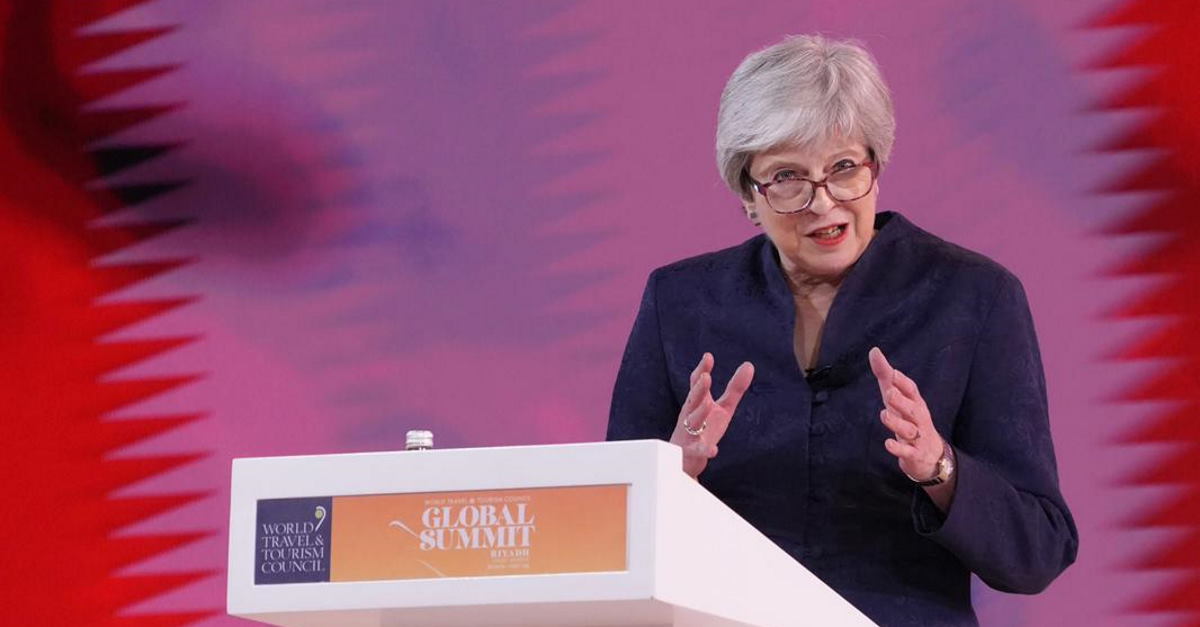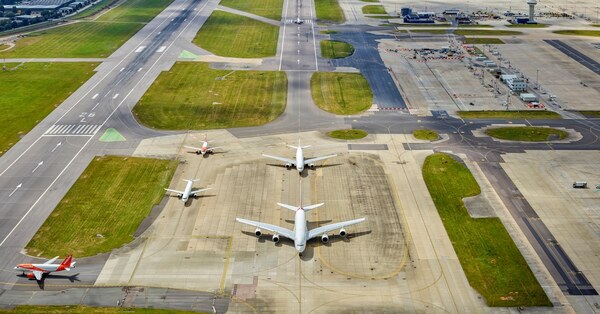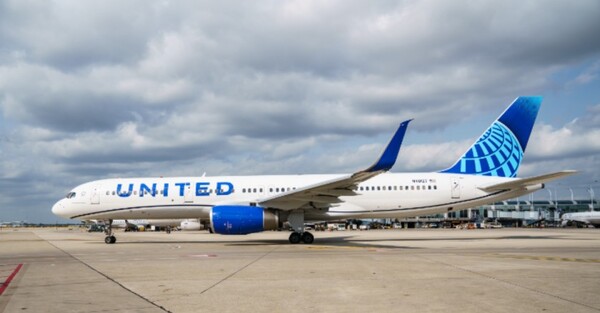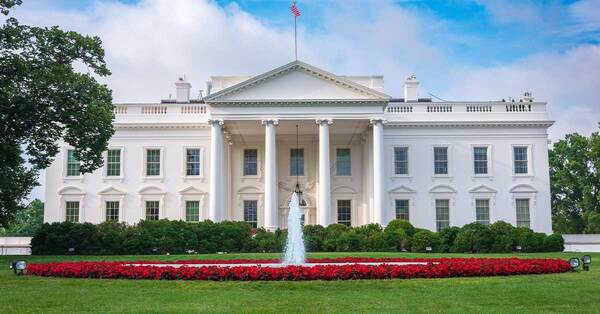You are viewing 2 of your 2 free articles
Former PM Theresa May slams Covid travel restrictions
Former UK prime minister Theresa May has slammed the government restrictions on travel during the Covid-19 pandemic, arguing they caused “acute damage” to “a critical sector” of the economy.
May told the World Travel and Tourism Council (WTTC) global summit in Riyadh: “We were late to introduce travel restrictions in the UK and later to lift them.
“The UK had one of the most heavily vaccinated populations in the world, but our government was one of the most reluctant to lift restrictions.
“The damage inflicted on a critical sector of our economy was acute.”
May told an audience including 250 industry leaders and more than 50 government ministers: “The tourism economy was, in effect, shut for business.”
She argued the lesson for the UK government was that it “should act in the interests of the country and not at the behest of opinion polls”.
May added: “The pandemic taught us the world is more fragile than we thought. But when cooperation was needed most, there was little [and] there was little coherent government.”
She acknowledged: “In the early weeks of the pandemic it must have been horrendous to be a leader. Who did you believe? But the concept of governments retreating within borders was wrong. I never believed we could shut borders to travel.”
The former prime minister repeatedly criticised the pandemic travel restrictions imposed by the government of Boris Johnson in Parliament and drew praise from WTTC president and chief executive Julia Simpson for her support of the sector.
However, May warned WTTC summit attendees that a recession in the UK and elsewhere, alongside high inflation and rising interest rates, would hit travel spending.
She said: “A generation of people have never seen these levels of inflation and interest rates. People stop spending on things they don’t need to spend on in a recession, and travel is one of those. It will be difficult.”
Yet she told the summit: “Travel and tourism is a unique driver of growth and development and, compared to other sectors, provides a greater return.
“It makes the fabric of an economy more resilient. Your industry should always be a priority for governments.”


















